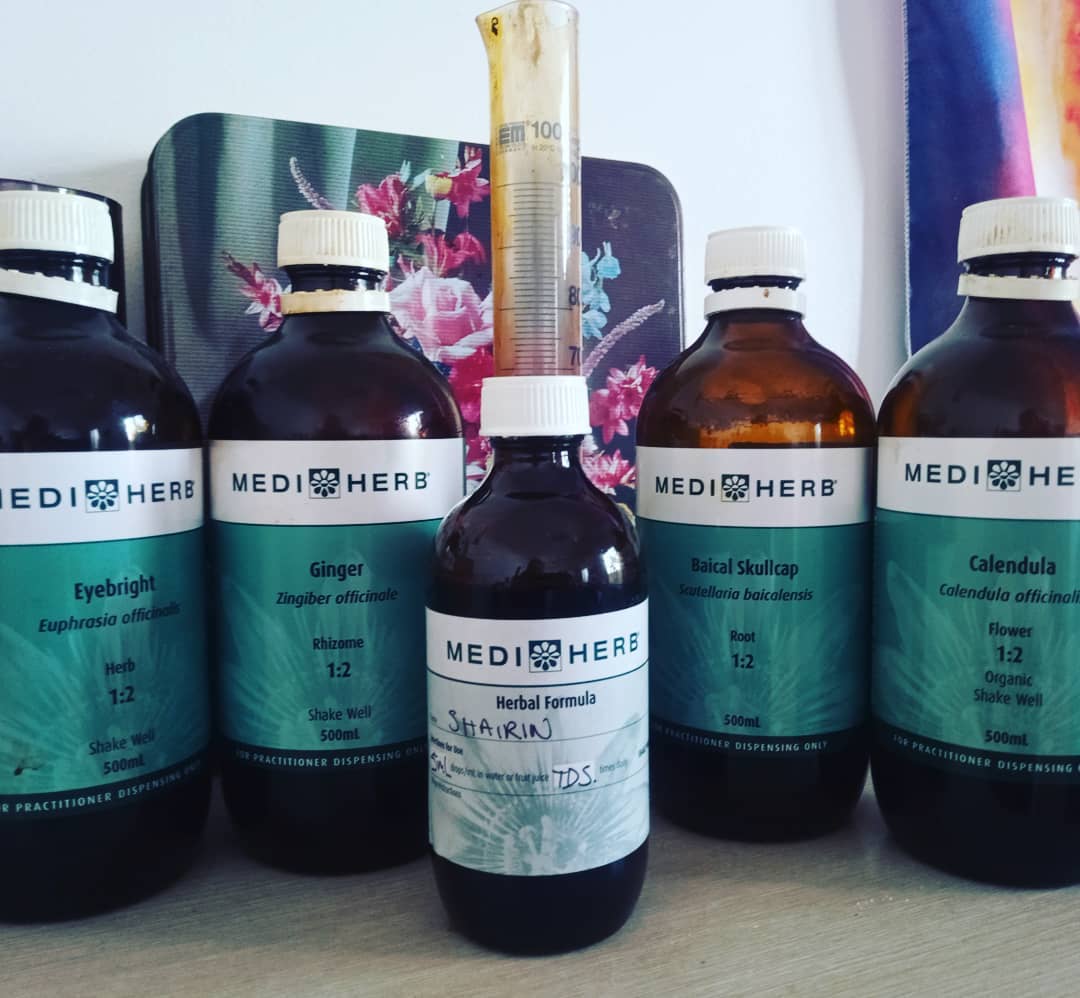|
Keeping a daily food and mood journal can be a powerful tool for gaining insight into the connection between your dietary choices and your emotional well-being. This practice involves recording what you eat and noting your mood throughout the day. Here's how and why you might want to consider maintaining such a journal: Download your Free Mood, Food and Symptom Diary below: Why Keep a Daily Food and Mood Journal:
How to Keep a Daily Food and Mood Journal:
Keeping a daily food and mood journal is a personal journey that can lead to greater self-awareness and improved well-being. It's a valuable tool for cultivating a mindful and intentional approach to both eating and emotional health. Free Food, Mood and Symptom Diary here:
Shairin Farrell ba.healthscience(Complementary & Alternative Medicine - Naturopath)Categories All What is Psoriasis?Psoriasis is a persistent skin condition characterized by the rapid buildup of skin cells, resulting in thick, red, and scaly patches. This immune-mediated disease can affect various body parts, including the skin, joints, and nails. The precise cause of psoriasis is not fully understood, but it is thought to stem from a combination of genetic, immune system, and environmental factors. Common triggers include stress, infections, diet, certain medications, and skin injuries. Treatment Options:Medical Treatments:
Home Care:
Psoriasis Diet:Psoriasis and Diet:While there is no specific psoriasis diet, certain dietary changes may help manage symptoms:
Psoriasis Triggers:Psoriasis is a complex skin condition influenced by a variety of factors. While the precise cause remains unclear, certain triggers can exacerbate psoriasis symptoms or lead to flare-ups. Identifying and managing these triggers is crucial for individuals seeking to minimize the impact of psoriasis on their skin. Here are other common triggers that are associated with psoriasis:
Understanding these triggers empowers individuals with psoriasis to make informed lifestyle choices and work closely with healthcare providers to manage and minimize the impact of the condition on their daily lives. How to Find your Psoriasis Triggers:A daily food, mood and symptom diary will plot the relationship between foods and your skin and mood. It is an excellent daily habit of health reflection that provides a valuable data set. Choose one of our free downloadable charts or learn how and why to create and use yours here: It is crucial to consult with a dermatologist or healthcare provider to develop a personalized treatment plan based on the severity and type of psoriasis. They can guide you on appropriate medications, lifestyle changes, and coping strategies. Remember, managing psoriasis is a lifestyle, with the right approach and collaborative effort between healthcare providers and individuals, it is possible to lead a fulfilling and comfortable life.Shairin FarrellBa Health Science - Complementary and Alternative Medicine - Naturopath. Categories All |
AuthorShairin - Naturopath and Usui Reiki Master/Teacher Ba. Health Science (Complementary and Alternative Medicine and Medical Systems - Naturopathy) is passionate about accurate natural medicine advice and teaching people how to enhance their natural health care in daily life. Categories
All
Archives
June 2024
|
||||||||







